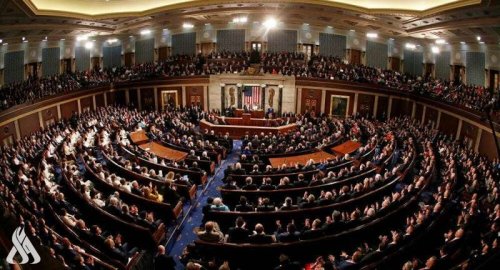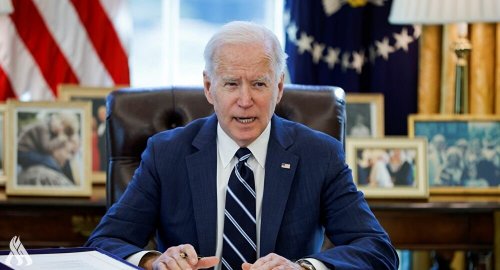
Biden signs debt limit increase, averting potential economic disaster

- 17-12-2021, 09:31
INA-sources
President Joe Biden on Thursday signed the bill raising the debt limit ceiling that passed Congress earlier this week, according to the White House.
Congress voted to raise the national debt limit by $2.5 trillion and extend it into 2023 after lawmakers raced to avert a catastrophic default ahead of a critical midweek deadline.
The Senate moved on Tuesday to pass legislation to increase the limit in a vote that fell along party lines with a final tally of 50 to 49. The House voted 221-209 in the early hours of Wednesday morning to approve the bill. GOP Rep. Adam Kinzinger of Illinois was the lone member to break ranks and voted with Democrats.
Treasury Secretary Janet Yellen had warned that the debt limit could be reached on Wednesday, leaving Congress little time left to resolve the issue. A first-ever default could have sparked economic disaster and party leaders on both sides of the aisle had made clear it must be prevented.
Despite pleas from officials and watchdogs about the disastrous consequences of defaulting, Republicans remained steadfastly opposed to supplying votes to raise the debt ceiling. In response, Congress passed legislation last week to create a fast-track process to allow Democrats to raise the debt limit in the Senate without help from Republicans.
It was expected that Democrats would raise the limit by an amount sufficient to ensure that the issue will not need to be addressed again until after the 2022 midterm elections.
Analysts had said a mild recession would likely be the best-case scenario in the event of the US government defaulting on its debts. The worst-case scenario would have involved downstream effects of potentially cascading job losses, a shut down in tens of billions in Covid-19 economic recovery aid still set to be delivered, a near-freeze in credit markets and gross domestic product taking a tangible hit that could last for multiple quarters.
Failure to raise the debt ceiling in time could have also halted payments that millions of Americans rely on, including paychecks to federal workers, Medicare benefits, military salaries, tax refunds, Social Security checks and payments to federal contractors.
Congress has been struggling for months over how to address the debt limit. In October, following weeks of partisan deadlock over the issue, lawmakers passed a short-term debt limit extension into December after Democrats and Republicans reached a deal to avert economic disaster.
Source: CNN
Al-Sudani Arrives in Sulaymaniyah
- politics
- 10:00
G7 calls for immediate ceasefire in war in Sudan at two-year mark
- International
- 09:12
Iraqi Airways: Airbus A330 is back in service
- Local
- 09:00
Japan takes a cease and desist order to Google
- Multimedia
- 08:16
Duhok of Iraq and Qadsia of Kuwait match kicks off
- Sport
- 25/04/15
Four Daesh terrorists detained in Salahuddin
- Security
- 25/04/14
PM: The value of investment licenses in Iraq reaches $88 billion
- politics
- 25/04/09












